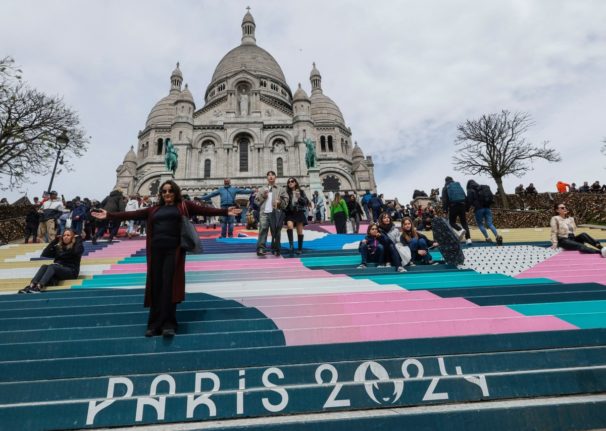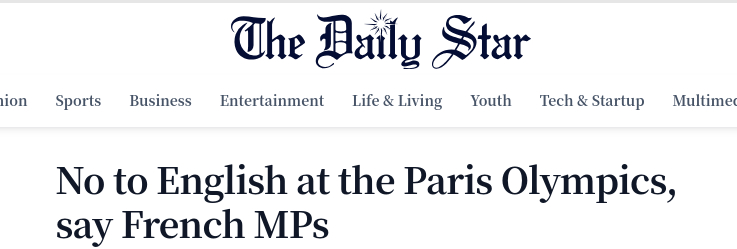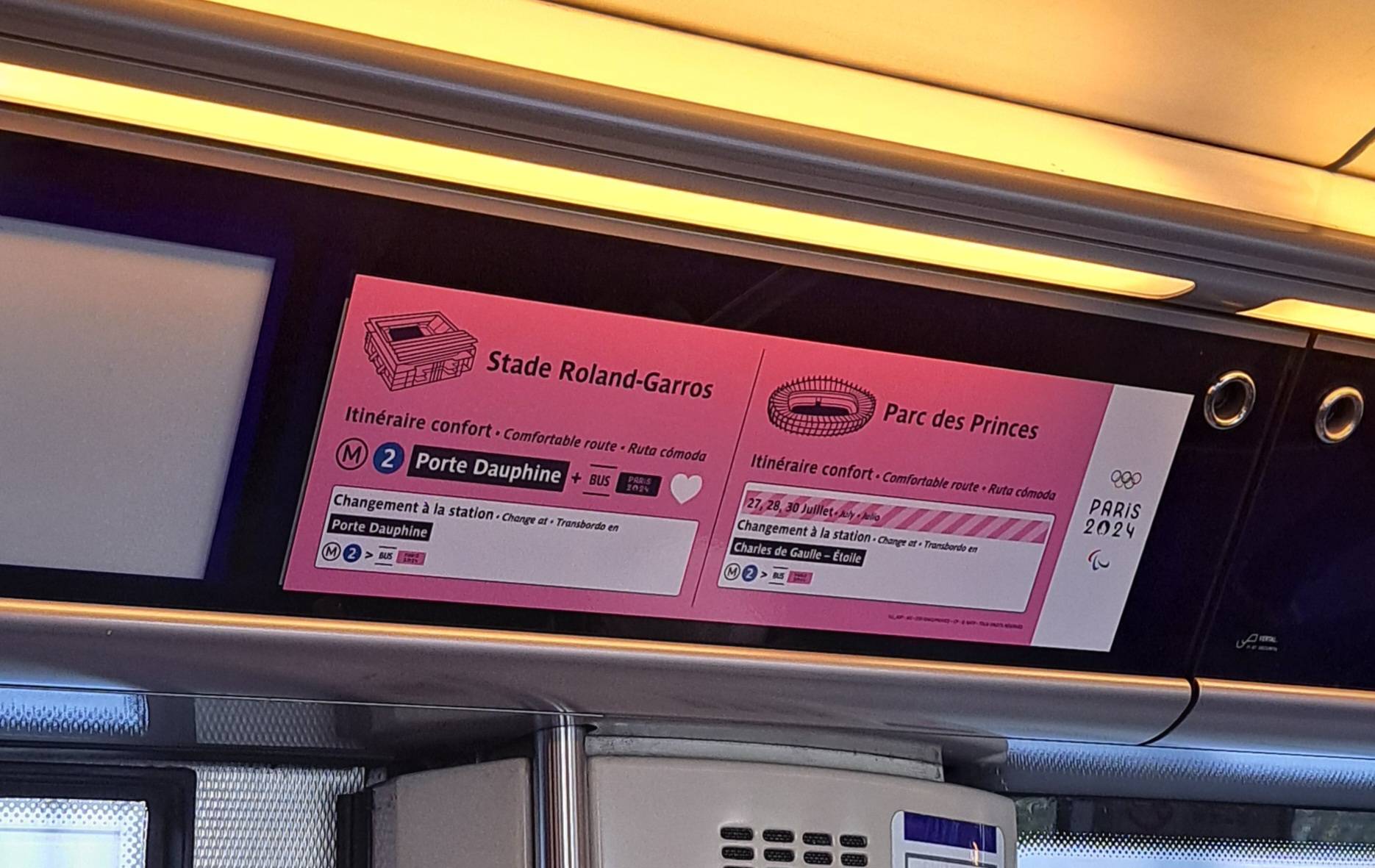The massed ranks of opponents of pension reform were not so massed or so dense on the third day of nationwide protest yesterday. Only 757,000 people turned out, compared to 1,270,000 last Tuesday.
Rail, Metro, school and energy strikes were also less powerful – attracting, for instance only one in four rail workers, compared to one in two on the first day of action on 19 January.
Is the government winning? Are the protests fading now that the legislation has started its noisy journey through the National Assembly?
Not really. Not yet.
There is another big day of marches and some scattered strikes on Saturday. The eight trades union federations have chosen – unusually – to demonstrate at the weekend in the hope that private sector workers, unwilling to lose wages on a weekday, will turn out en masse.
The numbers game is crucial. Beneath their front of unity, the eight union federations are divided. The gamble on weekend protests is the strategy proposed by the moderate unions, led by the Confédération Française Démocratique du Travail (CFDT).
You can listen to John discuss the next move in the strikes in this week’s Talking France podcast. You can download it here or listen below.
READ ALSO: 5 minutes to understand . . . French pension reform
If the Saturday demos flop, the militant unions will want to move to open-ended strikes in key sectors like the railways, power plants, docks and oil refineries. That could bring the country – or at least the government – to its knees, they say.
Au contraire, say the moderate unions. Endless strikes would help President Emmanuel Macron and Prime Minister Elisabeth Borne by angering public opinion which is now 70 percent against the reform.
The first few days of debate in the National Assembly this week have been just as noisy as the street protests. Left wing deputies have shouted and waved their arms a great deal in support of their 18,000 wrecking amendments.
The minority Borne government has won a series of modest victories. Its chances of completing the first reading by its self-imposed deadline of next Friday (17th Feb) remain uncertain.
All depends on the 61 centre-right Les Républicains (LR) deputies, who are supposedly committed to a modest pension reform long demanded by their own party. Modest? Macron and Borne want to move the official retirement age from 62 to 64 by 2030. Most European countries already retire officially at 65 or later.
A dozen or so of the LR deputies are playing a cat and mouse game. Whenever Prime Minister Borne answers them, they change their question.
At the weekend, she conceded that early retirement for people with “long careers” should be extended to those who start work between 20 and 21. No good, the Républicains rebels said. We want the exception to apply to anyone who worked in their teens – even during a summer holiday. That would make the reform meaningless, as even senior Républicains admit.
The leader of the centre-right awkward squad is a young man called Aurélien Pradié, aged 36, deputy for the Lot in the south west. Mark the name. He is a coming man in French politics – or so he believes at least.
Pradie says that he is a new kind of socially minded, centre-right politician, who can revive the near-defunct Les Républicains or Gaullist brand. So far, he appears to be a kind of “Jacques Chirac revisited”, a man with a sensitive ear for public opinion but few principles and no coherent ideas.
He might go far. But he will not take France very far. He represents a return to the muddle-along politics of the 1990s.
The parliamentary arithmetic is tight. Macron and Borne need around 40 of the 61 centre-right deputies to vote with them. Pradié has between 12 and 20 followers.
The numbers on the street will influence the numbers in parliament. The stronger the public opposition, the more courageous or self-promoting Pradié and his supporters will become.
The size of Saturday’s demos will determine future union strategy. It may also decide whether Macron and Borne can steer the reform through a first reading in the National Assembly by the next Friday’s deadline.
Borne may have some more concessions to make on long careers but nothing much. She has already abandoned most of the financial savings expected from the reform this year and next. She cannot afford to give much more away or the whole reform will become pointless.
READ MORE: What is Article 49.3 and how often do French politicians use it?
If she cannot assemble the votes, she can use her nuclear weapon – the government’s emergency power under Article 49.3 of the constitution to impose legislation without a vote. She has said several times that she has no plan to do so on such a sensitive subject.
Do not believe it. Macron has too much riding on pension reform to abandon it quietly. He will take the risk of conflagration on the streets and use 49.3 if he has to.
Is the battle won and lost? I fear it has only just begun.





 Please whitelist us to continue reading.
Please whitelist us to continue reading.
Member comments